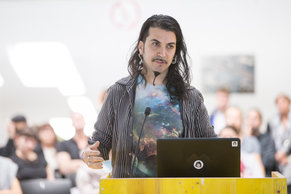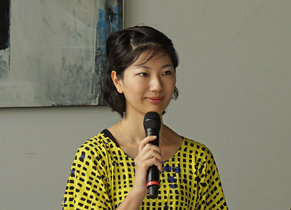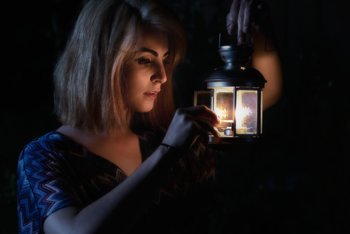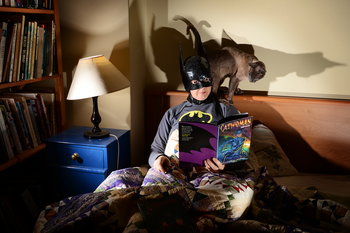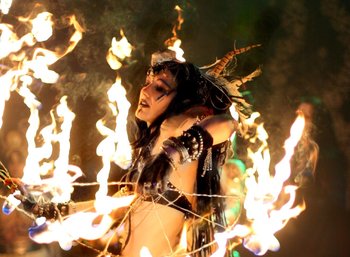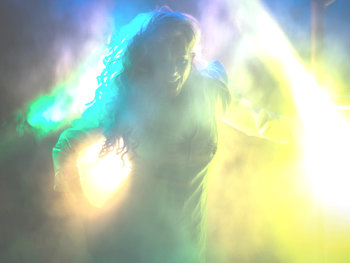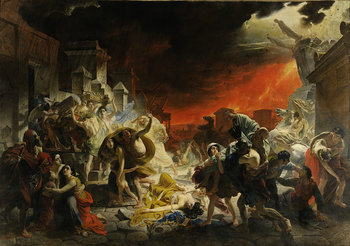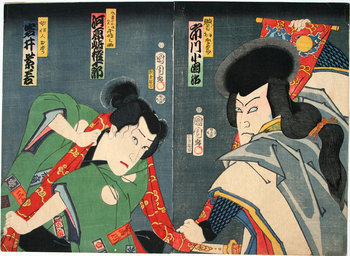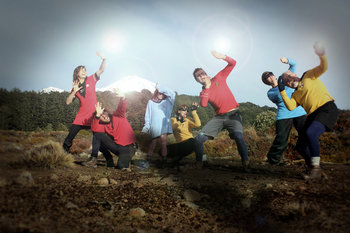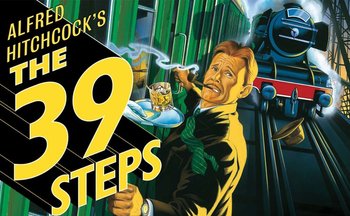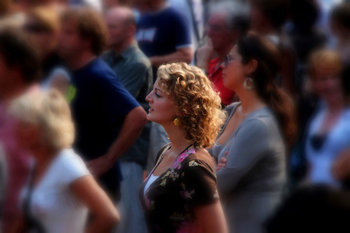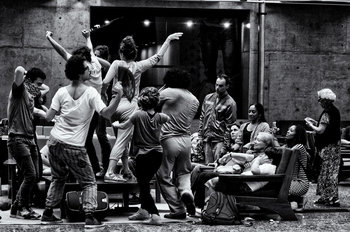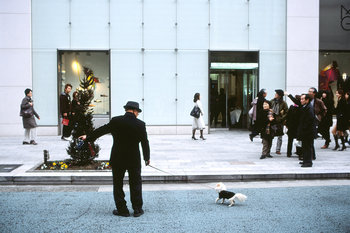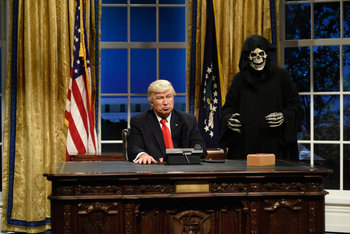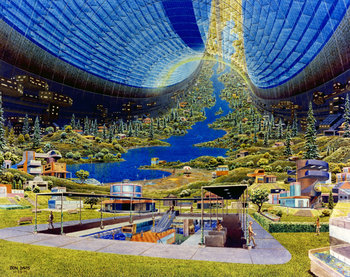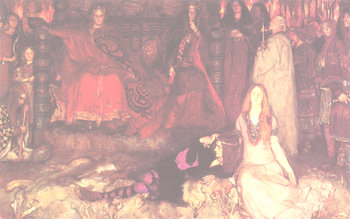
Biographical Fiction | Children's Literature |
Classics | Comic Books & Manga |
Crime & Detective | Drama |
Epic | Fable |
Fairy Tale | Fantasy |
Fiction | Folklore |
Graphic Novels | Historical Fiction |
Horror | Humor |
Legend | Mystery |
Mythology | Poetry |
Romance | Science Fiction |
Short Story | Suspense |
Thriller |
Notes
Folklore includes oral traditions and often represents important cultural heritage.A legend is folklore such as a myth that is regarded as history by a culture.A fable is a short story that conveys a moral lesson and often includes non-human characters such as animals, plants, legendary creatures or elements of nature.A fairy tale is folklore intended for children that is often a magical short story.A myth is folklore that is important to a culture. For example, literature that describes the origins of a nation or people.Poetry is high intensity literature. Typically demonstrates a distinctive style and rhythm.An epic is a long work that continues the story of a set of characters. Originally a genre of poetry that has been extended into other areas such as fiction.Literature can emerge from any genre of fiction. However, there is a special category of fiction known as literary fiction that fits into patterns of institutional acceptance such that it can is considered literature by default.There is a often long lag between popular and institutional acceptance of great works, particularly in relatively new genres. For example, comic books, manga and graphic novels often demonstrate creative brilliance but are less likely to be accepted as literature. In many cases, the pop culture of today is the high culture of tomorrow.| Overview: Literature | ||
Type | ||
Definition (1) | Writing or oral stories that are expressive and creative. | |
Definition (2) | Fiction and other imaginative storytelling that is pure art that doesn't compromise for commercial gain. | |
Definition (3) | Creative stories that are accepted by high institutions as art. | |
Related Concepts | ||

